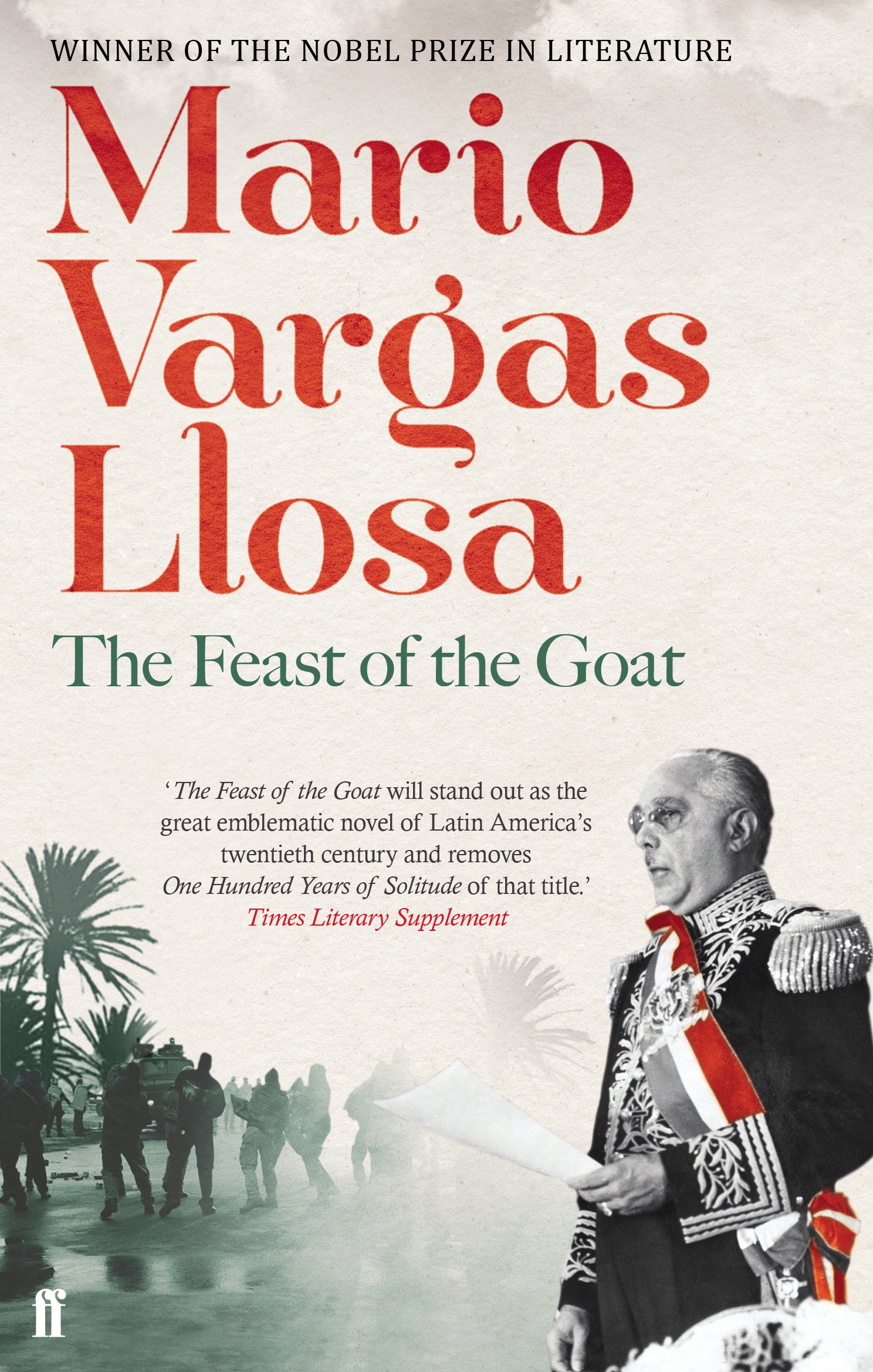If Trump wants to beggar the BBC, Semafor has a thoughtful take on the issue

It’s clear that Donald Trump and the global populist right wants to beggar the BBC, bringing its 103-year run to an end and allowing media moguls to rule as they please.
Let the Beeb, their canny reasoning goes, be hoist with its own petard of high standards of complete and total objectivity. It can never meet them, of course. No one can.
If Mr Trump is true to form, he will sue the BBC for a sum that will make it difficult to function. Will the British government step up with more money to meet any resulting funding shortfall, should it arise?
If any such cash transfer were to occur – from the BBC to Mr Trump – it would be upsetting in the extreme. Here’s why: The BBC made a mistake in commissioning a piece from an external provider with an apparently slippery sense of the rights and wrongs of video splicing! That’s a mistake, an error of judgement in trusting that external provider. It doesn’t call all of the BBC’s journalism into question.
But Mr Trump and the global populist right would like to grind a public service broadcaster into dust. The result would be the sort of polarised, fragmented media landscape that currently exists across the United States.
How does that help anyone, other than the global populist right?
In order to wise up to the inherent perils of this moment, it’s worth getting up to speed on the facts.
I watched the BBC Panorama clip in question via The Telegraph’s blistering commentary on it, courtesy Semafor. And I have to agree with Semafor’s Max Tani that “the Trump team has a point”. It is dishonest to stitch someone’s words together – an hour or so apart. As Mr Tani notes, the result is to “amplify” Mr Trump’s “rhetoric in a way that did not match exactly what he said onstage”.
But it’s also worth noting Mr Tani’s qualifier: “Even if the result — that his supporters proceeded to violently riot at the Capitol — is not seriously up for debate.”
For, the cold hard reality is that Mr Trump did do wrong on January 6, 2021 – the whole world saw it, live on television – in denying the legitimate results of a legitimate presidential election that he lost. (In fact, Mr Trump continues with his election denialism to this day.) He does not seem to be a fan of democratic mandates unless he wins.
But it is also a fact that we do not, as journalists, need to polish Mr Trump’s shining untruths. We do not need to reframe his dishonesty, giving the border a darker stain.
Mr Tani’s conclusion is pertinent. That the BBC has made an error most American news organisations would not do today, 10 years into covering Donald Trump. Now, he writes, “American broadcasters and news organizations expect pushback from the president and his allies; tough stories and packages are edited more closely, and organizations come ready to defend pieces they know will receive intense criticism from the administration (see the X account for The New York Times’ communications department)”.
This is 100 per cent true. A basic rule of journalism – alongside that robust coverage, keep good notes, know what’s been done (and not been done). Or as Mr Tani writes, “button up” your reporting, “at least when it comes to a guy who will almost certainly express his opinions about it”.




